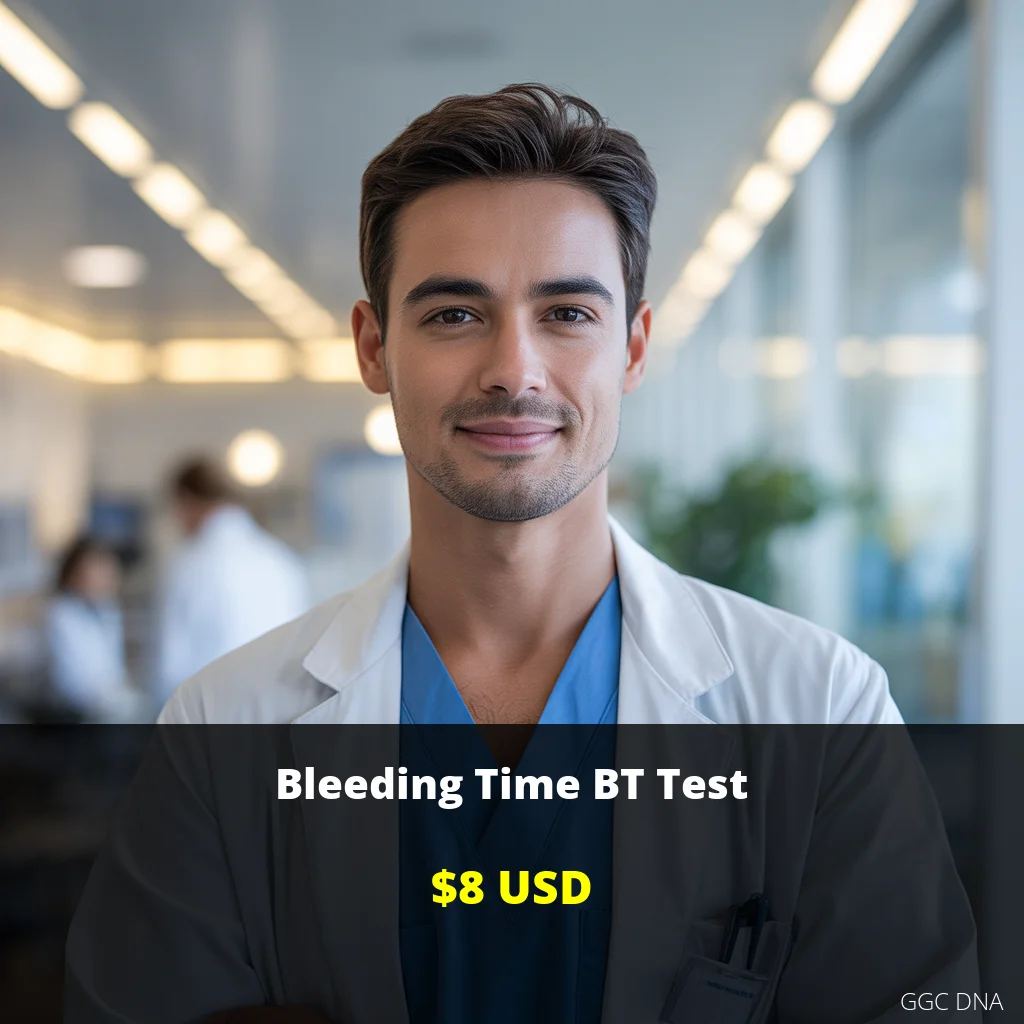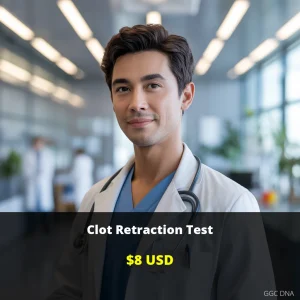Bleeding Time BT Test: Comprehensive Coagulation Assessment
Understanding the Bleeding Time BT Test
The Bleeding Time BT Test represents a fundamental diagnostic tool in hematology that evaluates your body’s primary hemostatic mechanism. This essential screening procedure measures the duration required for bleeding to cease following a standardized skin incision, providing critical insights into platelet function and vascular integrity. As a cornerstone of coagulation assessment, this test plays a vital role in identifying potential bleeding disorders and ensuring patient safety before surgical interventions.
What Does the Bleeding Time BT Test Measure?
The Bleeding Time BT Test specifically evaluates:
- Platelet adhesion and aggregation capabilities
- Vascular wall integrity and function
- Primary hemostasis efficiency
- Overall coagulation pathway integrity
- Response to vascular injury
Clinical Importance and Methodology
Utilizing the standardized Ivy’s method, our certified technicians perform this test with precision and care. The procedure involves creating a small, controlled incision on the forearm while maintaining consistent venous pressure, then carefully timing how long bleeding persists. This method ensures reliable, reproducible results that healthcare providers can trust for accurate diagnosis and treatment planning.
Who Should Consider Bleeding Time BT Testing?
This test is particularly recommended for individuals experiencing:
- Unexplained or excessive bruising
- Prolonged bleeding from minor cuts or injuries
- Frequent nosebleeds without apparent cause
- Heavy or prolonged menstrual bleeding
- Bleeding gums during routine dental care
- Family history of bleeding disorders
- Scheduled surgical procedures requiring coagulation assessment
- Monitoring of antiplatelet medication effects
Key Benefits of Bleeding Time BT Testing
Comprehensive Diagnostic Insights
The Bleeding Time BT Test provides invaluable information about your coagulation system, helping to:
- Identify potential platelet function disorders
- Detect vascular bleeding tendencies
- Screen for von Willebrand disease
- Assess overall hemostatic competence
- Guide appropriate treatment decisions
Pre-Surgical Safety Assessment
For patients preparing for surgical procedures, this test serves as a crucial safety measure by identifying potential bleeding risks before they become complications during or after surgery.
Understanding Your Test Results
Your Bleeding Time BT Test results will fall within specific reference ranges that indicate normal or abnormal coagulation function:
Normal Results
A normal bleeding time typically ranges from 2 to 9 minutes, indicating proper platelet function and vascular integrity. This suggests your body’s primary hemostatic mechanisms are functioning effectively.
Prolonged Bleeding Time
Extended bleeding times may indicate:
- Platelet function disorders
- Thrombocytopenia (low platelet count)
- Von Willebrand disease
- Vascular abnormalities
- Medication effects on coagulation
Next Steps After Testing
Our hematology specialists will review your results and provide comprehensive guidance. Abnormal results typically warrant further investigation through additional coagulation studies and consultation with a hematologist.
Test Pricing and Availability
| Test Description | Price (USD) |
|---|---|
| Bleeding Time BT Test – Discount Price | $8 |
| Bleeding Time BT Test – Regular Price | $8 |
Nationwide Testing Availability
GGC DNA provides comprehensive Bleeding Time BT testing services across the United States, with specialized laboratories in major metropolitan areas including:
- New York City and surrounding regions
- Los Angeles and Southern California
- Chicago and Illinois metropolitan area
- Houston and Texas Gulf Coast
- Phoenix and Arizona communities
- And many additional locations nationwide
Important Testing Information
Pre-Test Instructions
Please note that Bleeding Time BT testing is conducted exclusively at our specialized LPL Laboratories to ensure optimal accuracy and standardization. Our testing facilities maintain strict quality control measures and utilize the latest diagnostic equipment.
Turnaround Time
Results are typically available daily, allowing for prompt clinical decision-making and timely follow-up care when necessary.
Take Control of Your Health Today
Don’t let uncertainty about your coagulation health cause unnecessary worry. The Bleeding Time BT Test provides clear, actionable information about your bleeding and clotting mechanisms. With our affordable $8 pricing and nationwide availability, comprehensive coagulation assessment has never been more accessible.
Ready to Schedule Your Test?
Contact our dedicated healthcare team today to book your Bleeding Time BT Test. Call or WhatsApp us at +1(267) 388-9828 to schedule your appointment at one of our conveniently located laboratories. Our experienced staff will guide you through the process and ensure you receive the highest quality diagnostic care.
Take the first step toward understanding your coagulation health – schedule your Bleeding Time BT Test with GGC DNA today!







